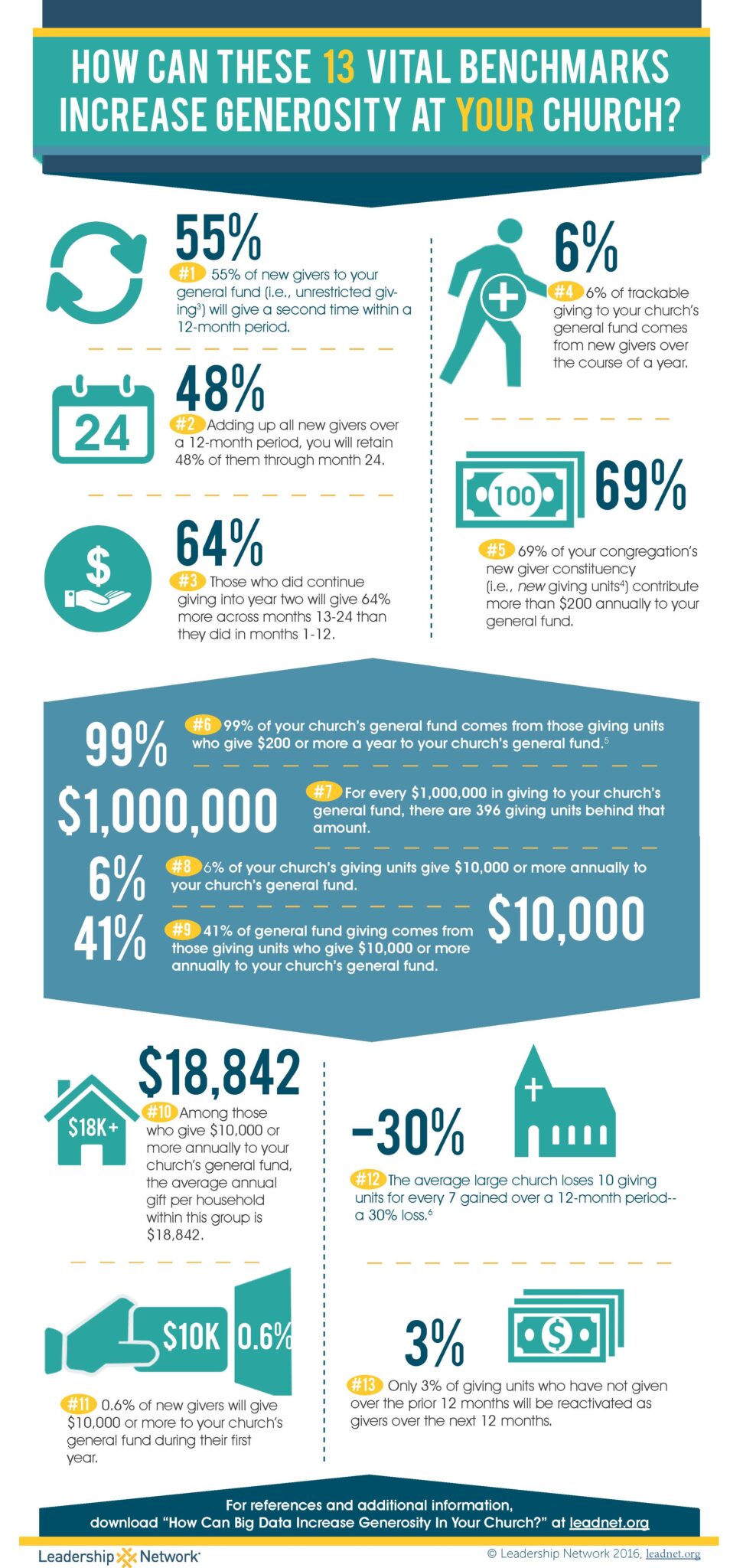Checking Out The Deep-Rooted History And Consistent Influence Of Catholic Schools Internationally
Checking Out The Deep-Rooted History And Consistent Influence Of Catholic Schools Internationally
Blog Article
Content Writer-Rytter Lanier
When you consider the history of education and learning, Catholic institutions stand apart for their deep-rooted customs and lasting impact. These establishments began as a means to infuse confidence and values, however they've adapted extremely over centuries. Today, they play an essential function in shaping not just scholastic success however additionally moral integrity. What's intriguing is exactly how they've managed to thrive among changing cultural landscapes, raising questions regarding their future significance and influence.
The Origins of Catholic Education And Learning: A Historic Perspective
Catholic education traces its roots back over 1,500 years, when very early Christian communities identified the need for structured understanding. You'll discover that these neighborhoods aimed to pass on their faith and values through education and learning.
Monasteries and sanctuary institutions ended up being facilities of learning, nurturing both spiritual and intellectual development. As https://www.diverseeducation.com/covid-19/article/15108064/bowdoin-college-reverses-policy-permitting-select-students-to-stay-on-campus-through-finals dive much deeper, you'll see that the curriculum typically consisted of ideology, theology, and the liberal arts, designed to develop versatile individuals.
With https://evelyne.blogbright.net/the-future-of-catholic-education-and-learning-forming-to-conquer-modern-obstacles , the Church developed a lot more official establishments, making certain that education and learning stayed accessible to all. The dedication to teaching ethical values and promoting a feeling of neighborhood has lingered through the centuries, shaping the academic landscape and affecting many lives worldwide.
This long-lasting tradition remains to influence Catholic education today.
The Advancement of Catholic Schools Through Social Contexts
As societies advanced, so did the duty of Catholic colleges, adapting to the social contexts in which they existed. In the very early years, these institutions focused mainly on spiritual instruction, however as areas branched out, they began to integrate regional languages, personalizeds, and academic requirements.
You 'd see that Catholic schools frequently ended up being centers for social cohesion, fostering a feeling of belonging among students from numerous histories. In many regions, they dealt with social issues, such as hardship and discrimination, by offering obtainable education and learning for all.
As you check out different societies, you'll see exactly how Catholic colleges have changed their curricula and training approaches, showing the worths and challenges of their atmospheres while remaining true to their foundational goal of faith and scholastic quality.
The Modern Function and Influence of Catholic Schools in Society
In today's globe, Catholic colleges play a crucial function in shaping not simply the educational landscape, however additionally the broader community.
You'll locate that these establishments highlight worths like respect, concern, and social justice, cultivating well-rounded individuals that contribute positively to society. By focusing on scholastic quality and ethical development, Catholic schools prepare pupils for future obstacles, supporting crucial thinking and management abilities.
They frequently serve diverse populations, connecting gaps in access to quality education and learning. In addition, you may notice their dedication to service, encouraging trainees to engage in neighborhood outreach and volunteer job.
This blend of education and learning and ethical advice makes Catholic institutions a substantial force, growing liable residents who can impact their neighborhoods for the better.
Final thought
Finally, Catholic colleges have a rich history that's formed their long-lasting effect on society. You have actually seen how they have actually adapted to various cultural contexts while keeping a commitment to belief, worths, and academic excellence. Today, they remain to play a crucial role in promoting neighborhood, promoting social justice, and nurturing accountable citizens. As you review their heritage, it's clear that Catholic institutions continue to be an effective force for favorable change worldwide.
